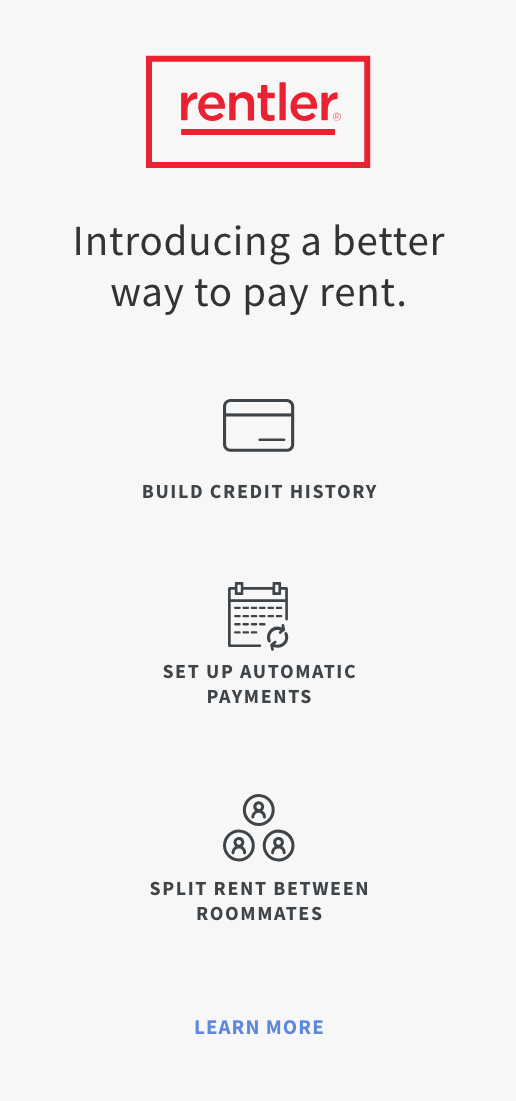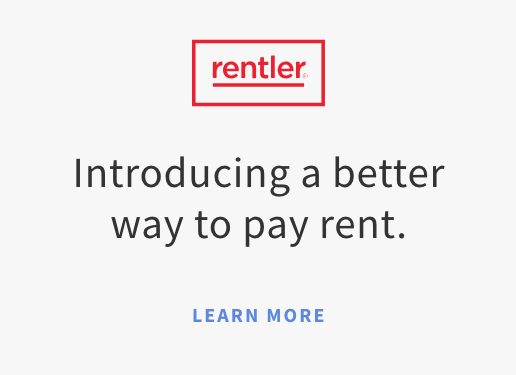It’s easy to ignore your credit score if you’re not currently in the midst of a big life event like buying a house or purchasing a car. Unfortunately, your credit score has not forgotten about you.
From being approved for a rental apartment to getting a low rate on future loans, credit scores can dictate your future financial choices in a big way. To make your adult life easier, you should start maintaining your credit score early. Taking steps now means that you’ll have a healthy score when you’re ready to take larger financial steps.
Some of the biggest factors that credit reporting bureaus look at include credit card usage and payment history. But the younger you are, the less likely you are to open a credit card. In fact, according to a Bankrate survey, 63 percent of 18 to 29-year-olds don’t have a credit card. It’s not necessarily a bad thing, but it does mean that proving your financial responsibility is harder.
It can feel nearly impossible to raise your credit if you can’t get qualified for a credit card or if you’re reluctant to take on more debt. However, there are ways to impact your credit score in a more untraditional way.
Pay rent online
Even if you’ve never had a credit card, you probably pay bills. Using an online bill pay service that reports your payments can help you boost your credit quickly. Do a little research to find out if the bill paying services you currently make payments through can enable credit reporting. Payment history accounts for 35 percent of your credit FICO score, so the more on-time payments you can get recorded, the better.
One perfect example of this is paying rent. Online rental payment services like Rentler have partnered with a major credit reporting agency called Experian so that when you use your debit card or bank account to pay rent online, Rentler reports those payments. It then becomes part of your credit history and can impact your overall credit score.
If you’re having a hard time getting into a rental because of poor credit, consider moving in with someone who has their name on the lease and is willing to accept your rent payments through Rentler.
Become an authorized user on someone else’s credit card
If you have a family member or spouse that is willing to add you as an authorized user, that’s a great first step in creating a credit history. Being an authorized user on someone else’s credit card means you can use a joint card to make purchases, but you aren’t legally obligated to pay for your charges (that’s still the primary account holder’s responsibility).
Putting your name on an account with an authorized user comes with stipulations that protect the account holder. For example, you probably won’t be able to make changes to the account, like requesting a credit increase or adding more people.
It’s important to be aware that the risks of being authorized on someone else’s account can go both ways: if the cardholder misses a payment it may end up hurting your credit score, too. Before you become a joint cardholder, you should come to a mutual agreement on payment due dates, spending limits, and repayment.
Stay current on student loan payments
Taking out a student loan is actually a pretty solid way to to get some credit history. A credit check is not required to obtain a federal student loan through FAFSA, and once you’ve graduated, all the payments you make are reported to credit bureaus. If you have a student loan, it’s crucial to make sure you’re making your payments on time and to contact the lender if you fall behind.
Most federal lenders are willing to work with you to defer your repayment schedule and make sure that a missed payment will not get reported. Deferring payments until you’re able to afford it can help you avoid negatively impacting your credit score.








